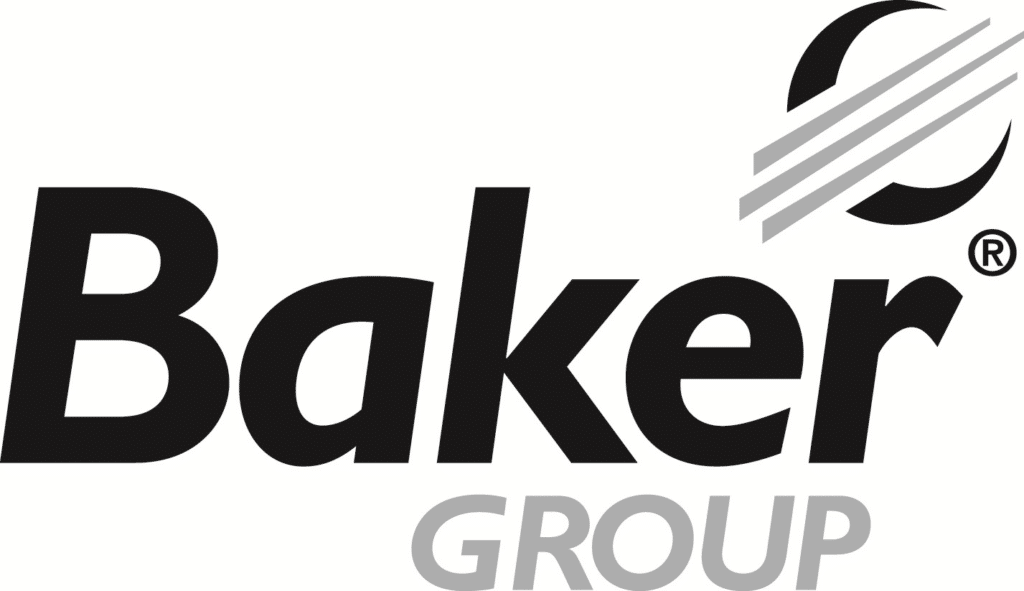Lending guidelines could hamper sales of self-storage properties

Investor demand for self-storage facilities is expected to increase next year, but the inability of well-capitalized buyers to finance smaller deals could stop some transactions from taking place.
Inside Self-Storage, an industry trade publication, reported that low capital expenditures on existing facilities, short-term contracts and frequent rental-price adjustments have helped that segment of the commercial real estate industry better adjust to tough market conditions than other property types.
However, new underwriting guidelines that value self-storage facilities based more on the “actual facility” rather than on how well it is performing are making it difficult for buyers to obtain financing on deals of less than $3 million.
“Well-capitalized buyers in the market today are unable to obtain smaller loans at a competitive rate that is necessary to make the smaller deals work,” said Ben Vestal, president of Argus Self Storage Sales Network Inc. “Additionally, they are unable to achieve the economies of scale necessary to make their new financial model work.”
On the other hand, some owners are choosing to hold on to their properties as they wait for prices to rebound. And many of those properties have mortgages that are underwater, meaning the amount owed is greater than the property’s value.
“With values down 20 percent to 40 percent in some areas across the country, self-storage owners who are not pressed to sell are holding on and will wait for better times, which may be two to three years in some markets and up to five in others,” said Bill Alter, a self-storage specialist with Scottsdale, Ariz.-based Rein & Grossoehme Commercial Real Estate.
“Even mature properties with loans coming due are facing problems,” he said. “Lenders seem reluctant to take many of these properties back and are working to some degree with owners.”










